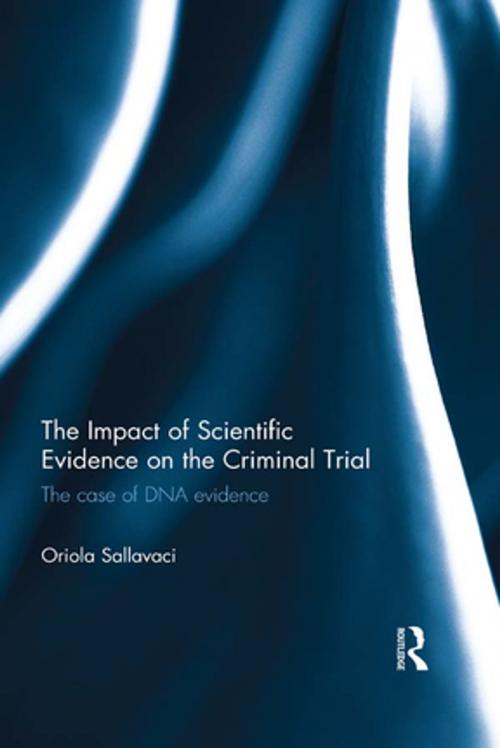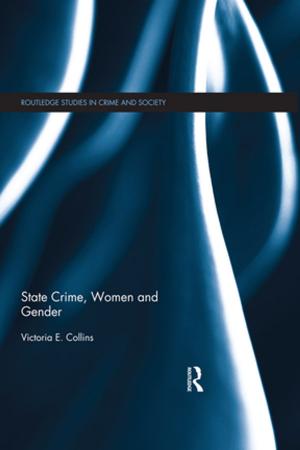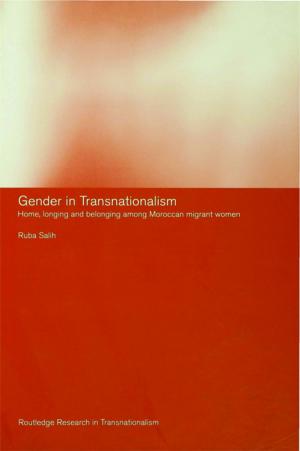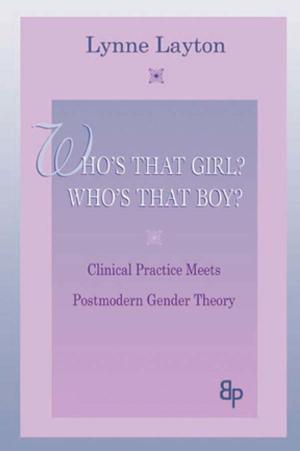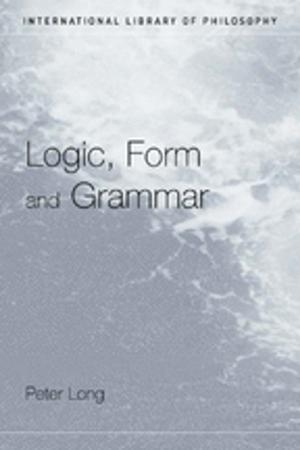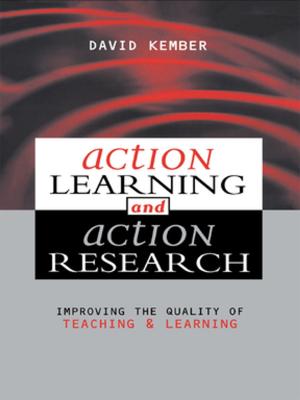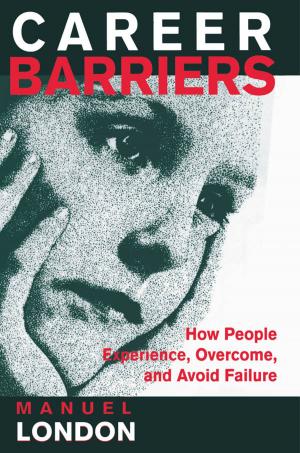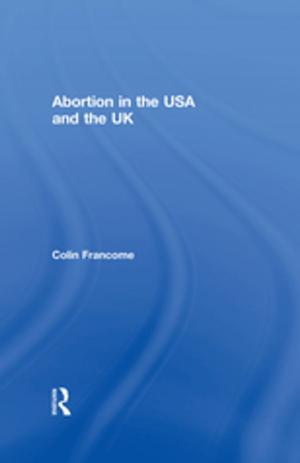The Impact of Scientific Evidence on the Criminal Trial
The Case of DNA Evidence
Nonfiction, Reference & Language, Law, Evidence, Criminal law| Author: | Oriola Sallavaci | ISBN: | 9781317910909 |
| Publisher: | Taylor and Francis | Publication: | February 5, 2014 |
| Imprint: | Routledge | Language: | English |
| Author: | Oriola Sallavaci |
| ISBN: | 9781317910909 |
| Publisher: | Taylor and Francis |
| Publication: | February 5, 2014 |
| Imprint: | Routledge |
| Language: | English |
This book explores challenges posed by the use of DNA evidence to the traditional features, procedures and principles of the criminal trial. It examines the limitations of existing theories of criminal trial processes in the face of increasing use of scientific evidence in the court room. The research elucidates the interconnections at trial of three epistemologies, namely legal reasoning, as represented by counsel and trial judge, common sense manifested by the jury and scientific reasoning expounded by the expert witness. Sallavaci argues that while scientific reasoning is part of this hybrid of trial languages and practices, its extended use is producing specifically novel tensions which impact on the traditional criminal trial landscape.
Through the lens of DNA evidence, the book investigates how far the use of scientific evidence in the fact finding process poses challenges for the adversarial character of the proceedings and rules of evidence; how it affects the role of the judge, jury and expert witness, as well as the principle of orality and continuity of the trial. In comparing the challenges faced in English common law trials to those of the USA, this book has international scope, and will be of great use and interest to students and researchers of Criminal Law and Practice, Policing, and the role of Forensics in Law.
This book explores challenges posed by the use of DNA evidence to the traditional features, procedures and principles of the criminal trial. It examines the limitations of existing theories of criminal trial processes in the face of increasing use of scientific evidence in the court room. The research elucidates the interconnections at trial of three epistemologies, namely legal reasoning, as represented by counsel and trial judge, common sense manifested by the jury and scientific reasoning expounded by the expert witness. Sallavaci argues that while scientific reasoning is part of this hybrid of trial languages and practices, its extended use is producing specifically novel tensions which impact on the traditional criminal trial landscape.
Through the lens of DNA evidence, the book investigates how far the use of scientific evidence in the fact finding process poses challenges for the adversarial character of the proceedings and rules of evidence; how it affects the role of the judge, jury and expert witness, as well as the principle of orality and continuity of the trial. In comparing the challenges faced in English common law trials to those of the USA, this book has international scope, and will be of great use and interest to students and researchers of Criminal Law and Practice, Policing, and the role of Forensics in Law.
